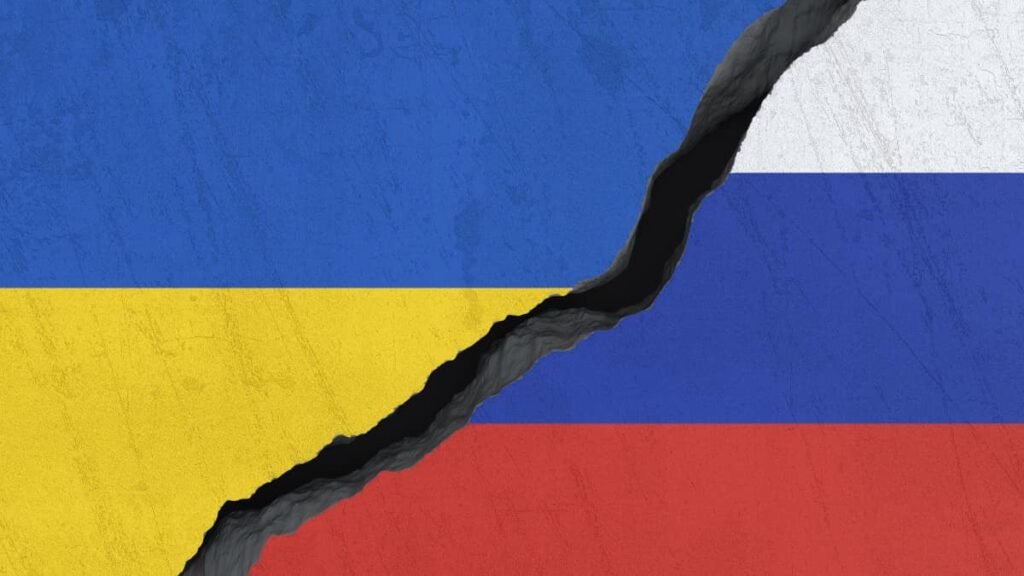Wars are merely the continuation of political interest through other means “Clausewitz”
All confrontations ended with one side conquering or being defeated. It might potentially be resolved through negotiation by sharing the pie. The likelihood of a negotiating agreement is based on two important variables: “reservations points” and “no-deal options”. Whereas the phrase “reservation points” pertains to the worst potential agreement that parties are ready to accept, the no-deal option is determined by each party’s strength. It is defined as the best alternative to a negotiated agreement or BATNA. Essentially, the negotiating process is founded on the interests of the parties. Their core interests determined their negotiating strategies, which could be integrative or distributive.
It was anticipated that the six-month-long conflict between Russia and Ukraine would end quickly, but with each passing day, it descended into a perilous spiral. They have high stakes in their interest; thus, they employ competitive strategies to get the best possible results. It put the proximate states in a WIN-LOSE position, with spillover consequences throughout the continent.
From Putin’s perspective, BATNA includes territorial expansion, demilitarization, neutrality, recognition of occupied Crimea as Russian territory, recognition of Donetsk and Luhansk as independent so-called “people’s republics,” and control over Ukraine’s domestic politics by installing puppet governments. Whereas the Ukrainian viewpoint of the best alternatives to the negotiated agreement includes the evacuation of all invading troops, Russian reparation payments, and quick membership in NATO and the EU, as well as full reintegration of Donbas and Crimea. Both parties engage in a tug of war to achieve the best results. Despite the fact that the West obtruded severe sanctions of about 4000 economic measures in order to undermine Russia’s war-waging economy. Even though it has a serious impact on Russia, Putin is reluctant to bargain before attaining his optimal goals.
In this scenario, Russia initially adopted a plan of targeting people and total annihilation of Ukraine. In the first phase, Russia launched a large-scale invasion and claimed to have laid siege to Kivy, but in the second phase, Moscow shifted its strategy from just toppling the main city in Eastern Ukraine to permanently occupying larger regions of Southern Ukraine. In addition, the recent developments indicate that right after occupying Zaporizhzhia nuclear power station Russia is rapidly eroding Ukraine’s defense lines in Donetsk and Luhansk. Basically, it is Moscow’s attempt to foment war in order to persuade Kyiv that “peace in Ukraine will be on his terms.”
Whereas after the heavy price of conflicts such as considerable equipment loss, massive casualties, and devastation, Ukraine is still passionate about achieving its ultimate objectives. It drives the dispute in a catastrophic direction. The only sensible course of action would be to try negotiation before things grow worse. By recognizing the value and expanding the pie for all parties, they find variances among the problems and make compromises. Because if the conflict continues, it might result in the worst-case scenario, in which Russia would be subject to harsh penalties, war reparations, and isolation. On the other hand, if Russia defeats Ukraine, it might come up empty-handed.
Furthermore, Moscow is playing ruthless as it has been fairly obvious about its position since the war began, and in December 2021 it presented the US and NATO with a list of security demands, including a guarantee that Ukraine will be neutral and a reduction in NATO’s military presence in Eastern Europe. But things take a turn around therefore, it is predicted if Russia-Ukraine failed to reach an agreement then Putin will revive the strategy as the “winter strategy” to keep the ball in his court. It is obvious that the continuance of the war in Ukraine has had repercussions across Europe, including increased food prices, fears of a gas crisis, and economic concerns.
In this scenario, Russia has tremendous influence over the European economy because of its huge food and fuel exports. Prior to the invasion, Russia exported 40% of its natural gas through its Nord Stream 1 pipeline, which runs beneath the Baltic Sea to Germany, and 55 billion cubic meters of gas to the European Union each year. If Moscow entirely shuts off its state-owned Gazprom Natural Gas, temperatures in Europe would plunge below freezing. It puts Europe on a knife edge. It is a strategy to weaken and split the Western democracies and alliances that are militarily supporting Ukraine.
Now is the crucial time for the Ukrainian presidency to analyze the situation because Ukraine is in the lurch between Russia and Western alliances. Although the western alliance’s providing assistance to Ukraine, it is on the front who bears the brunt. About 6.6 million people flee from the country to seek refuge in neighboring countries. The rate of casualties and risk of food crisis increase with each passing day. Moreover, nuclear sites are at risk and there is the threat of nuclear outbursts. It is the point where Ukraine should think about herself because if Russia reached to winter strategy, then the chances to find common ground will become narrow.
The writer is a Mphill scholar at National Defence University, Islamabad.
